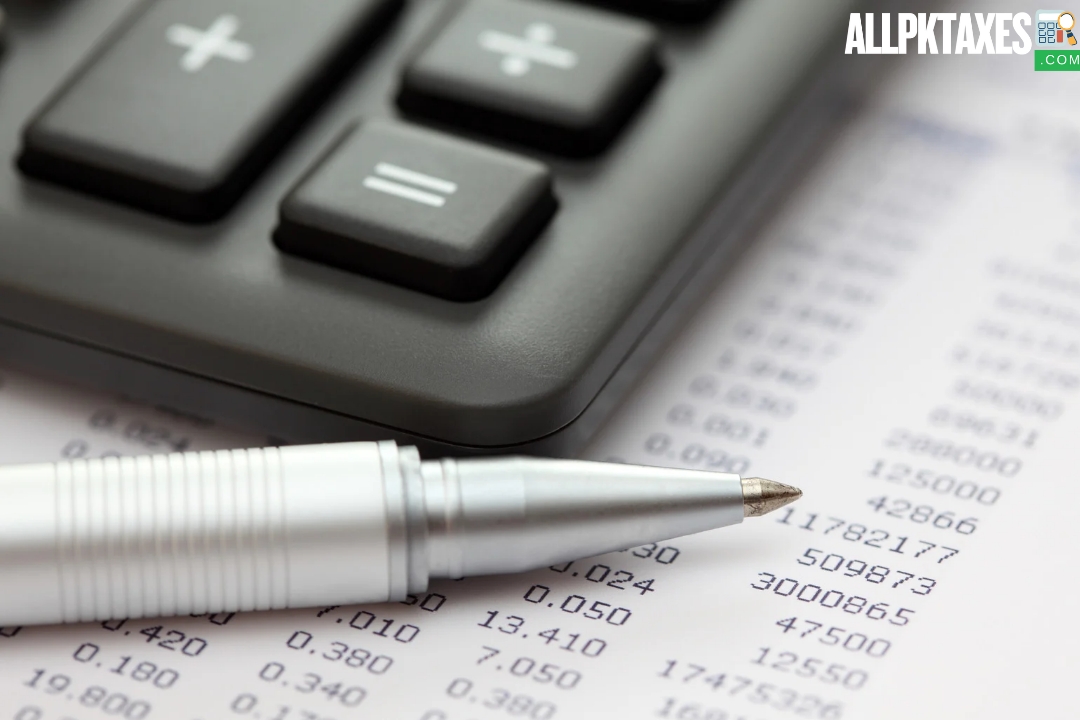Prime Minister Shehbaz Sharif has blocked a key proposal to waive the 18% sales tax on local supplies of raw materials, commodities, and machinery to registered exporters. The decision was made in light of possible objections from the International Monetary Fund (IMF), despite growing concerns from the industrial sector about the policy’s negative impact on local production and exports.
The proposal, initially recommended by a ministerial committee led by Planning Minister Ahsan Iqbal, sought to restore the sales tax exemption that was previously available under the Export Facilitation Scheme (EFS) but was withdrawn in June 2023.
Background of the Sales Tax Issue
The 18% General Sales Tax (GST) currently applies to local supplies of key inputs for export-oriented industries. However, these same inputs can still be imported tax-free under the EFS. This imbalance has caused exporters to shift their procurement strategy toward imported goods, sidelining local suppliers and hurting domestic industries.
This situation has created an anomaly in the tax structure, whereby imports are incentivized, while local manufacturing suffers increased costs. According to industry stakeholders, dozens of ginning factories and local manufacturers have faced financial losses due to this tax disparity.
Government’s Initial Proposal for Tax Relief
The ministerial committee had proposed the following key changes:
- Abolish the 18% GST on local supplies to exporters.
- Reintroduce insurance guarantees for exporters instead of bank guarantees (which were implemented in February).
- Extend tax exemptions to sectors like iron and steel, which were excluded from the EFS earlier this year.
The committee argued that restoring these exemptions would provide a level playing field between local and imported supplies, help revive struggling industries, and boost exports—a stated priority of the current government.
PM Shehbaz Sharif Blocks the Proposal
In a high-level meeting held at the Prime Minister’s House, just before his official trip to Belarus, Prime Minister Shehbaz Sharif sent the proposal back for further review. His primary concern was that removing the tax could provoke a negative reaction from the IMF, especially as Pakistan is currently seeking approval for its next loan tranche of $1 billion under the IMF programme.
According to government sources, some participants in the meeting advised against moving forward with the tax relief, citing the IMF’s strict stance on broad-based tax implementation and minimizing exemptions.
Export Facilitation Scheme Under Scrutiny
Launched in 2021, the Export Facilitation Scheme (EFS) was designed to simplify tax procedures and boost exports. The scheme allowed duty- and tax-free import and local purchase of raw materials, spare parts, machinery, and equipment by registered exporters. However, multiple misuse cases led to increased government scrutiny.
To curb tax evasion, the government:
- Replaced insurance guarantees with stricter bank guarantees.
- Reduced the utilization period for raw materials from five years to nine months, extendable only by three months with special approval.
- Empowered the FBR to verify input-output ratios, check production capacity, and conduct vendor and sample audits.
Despite these steps, many exporters began importing tax-free inputs and reselling them in local markets, undermining the scheme’s purpose and putting pressure on Pakistan’s foreign exchange reserves.
IMF’s Role and Budgetary Implications
The IMF has been firm about maintaining the 18% GST on all supplies, including those under the EFS. Although the finance minister had announced during the last budget session that zero-rating for local supplies would remain, the tax has not been removed as of April 2025.
During the latest meeting, Finance Minister Muhammad Aurangzeb expressed willingness to raise the issue with the IMF again, but the prime minister declined, likely to avoid jeopardizing the ongoing IMF programme.
This hesitation could impact the final draft of the Federal Budget 2025-26, which is currently being prepared. The prime minister has directed the committee to include recommendations from industrial and trade bodies and ensure that local industries are not placed at a disadvantage.
Industry Reaction and Way Forward
Industry representatives have warned that unless the tax anomaly is corrected, it will continue to discourage local sourcing and increase refund-related complications for exporters. They have demanded at least a partial reinstatement of EFS benefits, especially for high-value sectors like iron and steel.
The planning minister is expected to hold follow-up meetings with relevant stakeholders to finalize interim recommendations and propose a workable solution that aligns with both export objectives and IMF obligations.
The decision to maintain the 18% GST on local supplies to exporters, while continuing to offer tax-free import options, has created a growing divide between local and imported inputs. As Pakistan balances its commitments to the IMF with the needs of domestic industries, the final outcome of this policy debate will be crucial for the future of the country’s export sector.
Exporters, manufacturers, and tax professionals should closely monitor the developments related to the Export Facilitation Scheme and the Federal Budget 2025. A policy shift could significantly impact cost structures, refund cycles, and compliance requirements.
Stay connected to AllPKTaxes.com for the latest updates on tax policies, export incentives, and budget announcements in Pakistan.

